Medjool Date Palm
Medjool Date Palm
The Phoenix Dactylifera is a tropical, monocotyledonous tree of the Aceraceae family, belonging to the Arecales date palm. The Medjool date palm has a perfect international and export market. It’s known by the following names in different countries and languages: Medjool producer, Medjool tissue culture Medjool offshoot Iranian Medjool
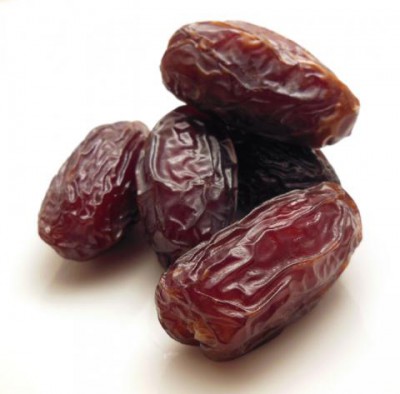
- English: Medjool، Medjoul، Majhool، Majhūl date
- Arabic: مجهول، المجهول، مجدول، تمر المجهول Mejhoul
- Persian (Farsi): مجول , Majool
- French: Medjoul, Mejhoul
Why Medjool Date palm?
Fruit is the most specific difference between Medjool and other date cultivars. Medjool dates have the largest fruit size among different palm cultivars, which reported up to 7 cm in length.
In the case of this palm cultivar, the size of the fruits is not always the same and varies significantly in different trees. So in the market, the fruits are divided into jumbo and super jumbo.
There are only one Medjool species. The difference in fruit size depends on as follows:
- quality of the sapling
- The management of the grove
- The fertilization and plant nutrition
- The type and structure of the soil
- The climate
- The amount and quality of irrigation
The good sweetness of Medjool fruit is another reason for the marketability and good luck of this tropical fruit compared to other date cultivars.
Medjool offshoot
The History of Medjool Date
Morocco is The origin of the Medjool Date palm tree. This variety of date palms has existed in North Africa for thousands of years.
Due to the large size of its fruits and marketability, the fever of cultivation and sales in Iran and the world has risen for several years.
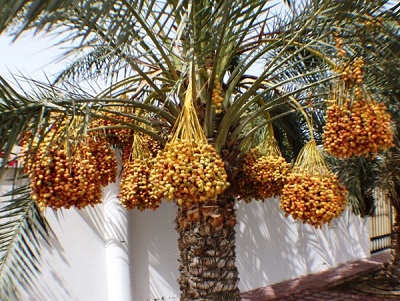
Iranian Medjool
Geographical distribution
In addition to Morocco, which is the origin of Medjool dates, Egypt, Algeria, Saudi Arabia, Israel, Iran, Iraq, the United Arab Emirates, Jordan, South Africa, and Palestine have also had successful results from the construction and operation of industrial groves for the production and cultivation of the Medjool.
Medjool date price
Production of Medjool dates (Medjool date seedlings)
Medjool tissue culture means the seedlings produced using plant tissue culture techniques. This production method is currently the main input supply of Medjool tree in the international markets. the most important motivations for farmers (Date palm growers) in the world to buy and plant tissue culture are as follows:
- High genetic purity
- Free from infection and disease
- strong root structure, and a high success rate in planting (above 95%).
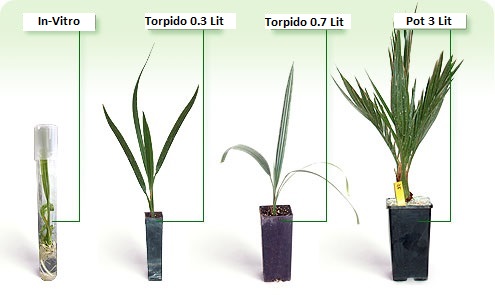
.
In addition to tissue culture, there are other methods to produce date palm saplings.
Offshoots: The Offshoots are separate from the mother tree. Then they plant independently. (The percentage of success for this method is 50%)
The limited number of Offshoots for planting is:
lack of roots and infection with mother tree and grove diseases.
Seed-based plant: because of variation and the Impossibility of determining gender, this method of production is obsolete.[/fusion_text][/fusion_builder_column][/fusion_builder_row][/fusion_builder_container]

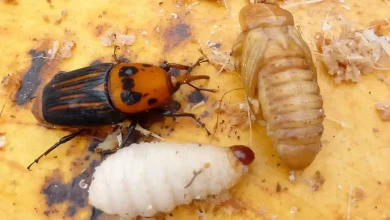

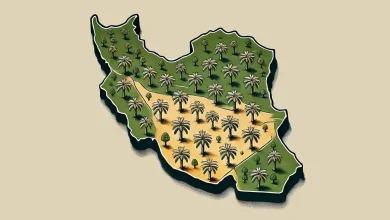
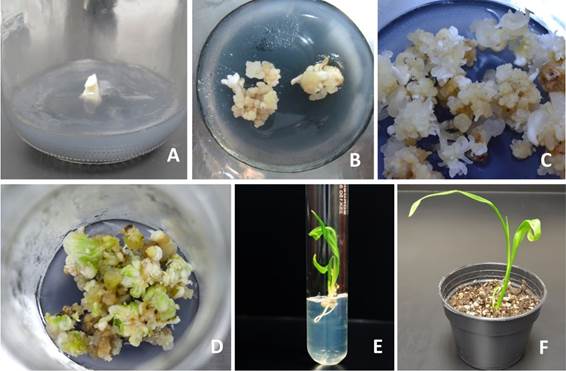

l Want to tissue culture medjol plant